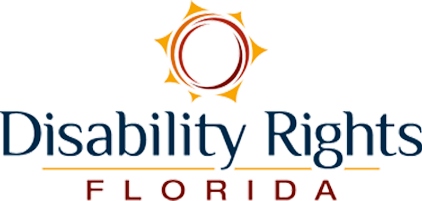How does my child with a disability obtain a 504 Plan?
If your child has a disability and needs an accommodation, ask your school for the contact information of the 504 Coordinator. Then send the 504 Coordinator a written request for a 504 evaluation and plan.
If your child’s disability substantially limits any of the "major life activities" listed above, your child has a right to a determination of eligibility for Section 504 reasonable accommodations. Your child's disability does not have to impact "learning" to be eligible for a 504 plan, if the disability impacts one of the other activities.
Current medical and other evaluations may be required. You can help speed up the process by preparing to provide school officials with current medical or other evaluations that you believe would be helpful.
If you do not have current medical records, school officials are required to assist you with the necessary evaluations. School districts are required to establish specific procedures for initial evaluations and periodic re-evaluations and should draw from a variety of sources in the evaluation process (34 C.F.R. 104.35(c)).
Once your child has been determined eligible, a meeting should be scheduled to develop a 504 Plan. At 504 Plan meetings, a representative from school administration, guidance counselors, teachers and a 504 coordinator typically will attend. Remember that you and your child are important participants and your input is valuable to the 504 Team.
In preparation for the 504 Plan meeting, outline the issues and needed 504 accommodations in relation to your child’s disability. It may be helpful to obtain recommendations of accommodations for your child from qualified professionals such as your treating physician, specialist, psychologist, psychiatrist, or other qualified professional.
You may also request and obtain a draft 504 Plan worksheet from the school in advance of a 504 Plan meeting. The worksheet will help you understand the process and identify all the detailed accommodations that are needed. Write a draft. Bring and present your draft 504 Plan to the 504 Plan meeting. Once a 504 Plan is developed, review all the details and make sure you agree with them before signing.
If your child has a disability and requires reasonable accommodations under Section 504, familiarize yourself with your child’s rights under Section 504. A good place to start is the Code of Federal Regulations at 34 CFR § 104.31 - § 104.39.
To learn more about Section 504 rights in postsecondary schools, read these additional resources.
